A post-flu pre-Christmas edition of short takes
Bah, humbug? KOST has been offering their all
Christmas programming for over a month. Also offering all-Christmas is GO
Country 105 (KKGO). As always, expect astronomical ratings for KOST (and
perhaps a nice boost for GO Country).
Comment: I know people in the industry who dread the all-Christmas format. Two observations, which I think are a reiteration of last year – one is that all-holiday is extremely popular, so popular that Christmas ratings are distinguished from other Nielsen rating periods. Second, it’s one of the few radio features I hear my non-radio friends talk about, often in eager anticipation. So there’s a disconnect between some people in charge of the dial and the public. More importantly, it’s something on the radio that generates “buzz” in the public sphere. Isn’t there some other original offering from our local stations that generates the same enthusiasm from people outside of the business?
Meanwhile, sister station KFI’s Gary Hoffman and Shannon Farren provided an entertaining update of the traditional Christmas Carol, well worth a listen.
The Tech Guy going all-digital: After nearly
20 years of answering listeners questions about all things technological, from
cell phones to laptops to big-screen TVs, with some amateur radio stories mixed
in, Leo Laporte will end his
syndicated weekend radio show in January.
Succeeding Laporte will be KTLA tech
reporter Rich DeMuro, who will be
heard during Laporte’s current 11 a.m. – 2 p.m. slot on Saturdays, heard
locally on KFI. DeMuro has already substituted for LaPorte over the past couple
of years.
“Still it’s bittersweet. The show and its listeners have been a huge part of my life for two decades. I’ll miss them.”
Comment: I’ve called in more than a couple of times as “Alan in West L.A.” That’s not exactly where I live, but close enough. Laporte was always cordial, informative, and managed to somehow make every caller’s question entertaining, not always easy to do with highly technical topics. DeMuro will do a fine job, but I’ll miss Laporte and his relaxed attitude amidst the ever-changing world of technology. Plus he often would be dining on some tasty fare during his commercial breaks. Also, I always thought Laporte's radio program drove listeners to his podcast network. Apparently he doesn't think he needs to do that anymore.
L.A. at Bay: Doug Hall, who got his start as a promotions
assistant at KIIS-FM, is back in L.A. after a stint as Senior Digital Director
at iHeart’s Nashville headquarters. He now serves as Regional Digital PD for
the iHeart clusters in Los Angeles (KEIB, KFI, KLAC, KIIS, KOST, KBIG, KRRL,
KYSR) and San Francisco (KIOI, KISQ, KKSF, KMEL, KNEW, KOSF, KYLD). Previously
he did digital duties for the Miami and San Francisco markets. He’ll report to John Peake, Senior VP of Programming
for iHeartMedia Los Angeles.
Comment: Granted this is digital and not over-the-air programming, so maybe my comments are irrelevant. Nonetheless, I was raised with the notion that the Bay Area and Southern California are very different markets, requiring different mindsets and strategies. I lived in both NorCal and SoCal (I enjoyed both, don’t hate me) and realized there was a subjective difference between the two communities. Maybe digital programming offers a bit more homogenization. Still, I have to wonder.
The passing parade continues: I was not aware of the impact Steven Segal, better known as Steven Clean, had on progressive radio in Southern California. This weekend, we’ll post some interviews remembering Steven Clean and his career.
Over the last few weeks, there were a
couple of passings I wanted to comment on:
Jim Bohannon
may not be remembered as “the” talk show host of his era, but I always
appreciated his reasoned, friendly approach, which was welcomed in the late
night hours when he subbed for Larry
King before he later hosted his own syndicated program. Bohannon excelled
at the skill that good broadcasters offered, he knew how to tell a story. His
award-winning documentary about the Vietnam War (Bohannon himself was a Vietnam
Vet) demonstrated his journalistic and broadcasting skills. Bohannon passed on
November 12, 2022 at the age of 78.
Wally Clark,
also known on the KIIS airwaves as “Waldo Cluck,” made KIIS-FM “the” standard
of “contemporary hit radio,” the new title for “top 40.” Along with PD Gerry DeFrancesco, Clark put together a
ridiculously talented staff, starting with Rick
Dees in the morning, Paul Freeman,
“Big Ron” O’Brien, Bruce Vidal, and Ed
Mann (I know I’m missing some important names) playing the best hits and
offering ridiculous giveaways, including one promotion awarding a listener a
Jaguar and $50,000 (!). The station was rewarded with a 10.0 Arbitron (remember
them?) rating. Plus he was able to get Cabbage Patch Kids as prizes when they
were in short supply. Ah, the days when a GM helmed a single station that could
dominate the market. After KIIS, he created his own production company,
featuring the “Weekly Top 30 with Rick Dees.” Clark died on November 14 at the
age of 84.
Nowadays, syndication involves
providing daily programming from a hub, involving voice tracking. It’s primarily
used by corporate ownership as an economy move. By comparison, radio syndication
used to be about special features offered weekly. Norm Pattiz led Westwood One to become one of the foremost sources
of these unique programs, including “American Top 40,” “Dr. Demento,” Mary Turner’s
“Off the Record,” and also offering Larry
King overnights. Under Pattiz’s leadership, Westwood One made the bold move
to bring Scott Shannon to town and
create “Pirate Radio.” After leaving Westwood One, Pattiz was again a pioneer
when he created PodcastOne, recruiting Adam
Carolla and other talent. Pattiz died on December 4 at the age of 79.
Also, our condolences to KLAC's Rodney Peete on the passing of his Mother.
Power reboot - sort of: At one time, Power 106 (KPWR) was at the top of the ratings, redefining what was hit radio in the L.A. area. It evolved to becoming "the" hip-hop station of Southern California, booming from car stereo subwoofers. The station was considered a significant jewel when 105.9 FM was sold by Emmis to locally-owned Meruelo Media. But for the last couple of years, perhaps because of the challenge of competitors such as iHeart's Real 92.3 (KRRL), the station's ratings have been fair-to-mediocre at best.
Back in October, there was some buzz about a format flip taking place. It turns out it wasn't really a flip but an adjustment. Power 106 is now known as "today's hip-hop and throwbacks." There's a little bit of overlap with sister station KDAY (also owned by Meruelo) but Power 106 is maintaining their own identity.
Comment: This will sound as if I'm off on a tangent, but give me a moment. K-EARTH 101 (KRTH) succeeds with a playlist of 70s - 80s - 90s. KOST mixes current AC with a significant selection of songs from two, three, even four decades back. As the younger demographic moves away from terrestrial radio, is Meruelo attempting to recapture some of their older...er, mature listeners by tweaking their playlist? On the other hand, my 18-year-old, who enjoys music from current groups such as OK GO, also has a number of older songs on his Pandora stream. Is that what Meruelo believes will best serve their listeners? Or are they trying to broaden their demographic, particularly with the aforementioned migration of younger listeners? Something I ponder at night, when I'm not coughing (see above).
Coming up: Our annual year-in-review is now in progress. If you've something you'd like to contribute, drop me an email. Meanwhile, please have a wonderful Christmas holiday and stay safe and sane.




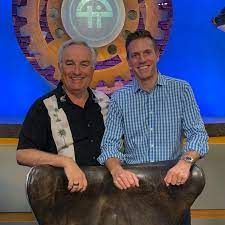



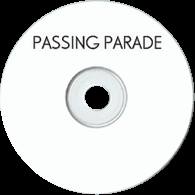


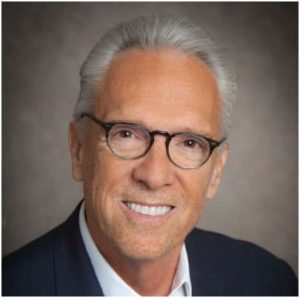
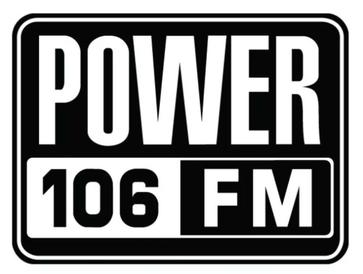
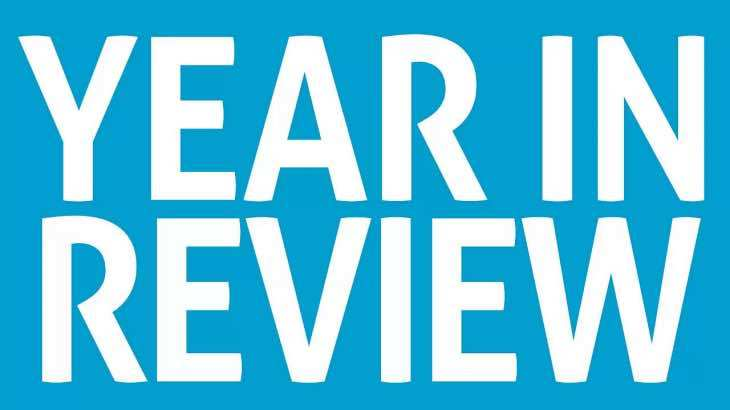



Comments
Post a Comment